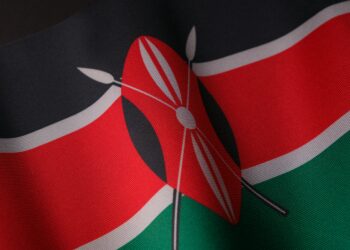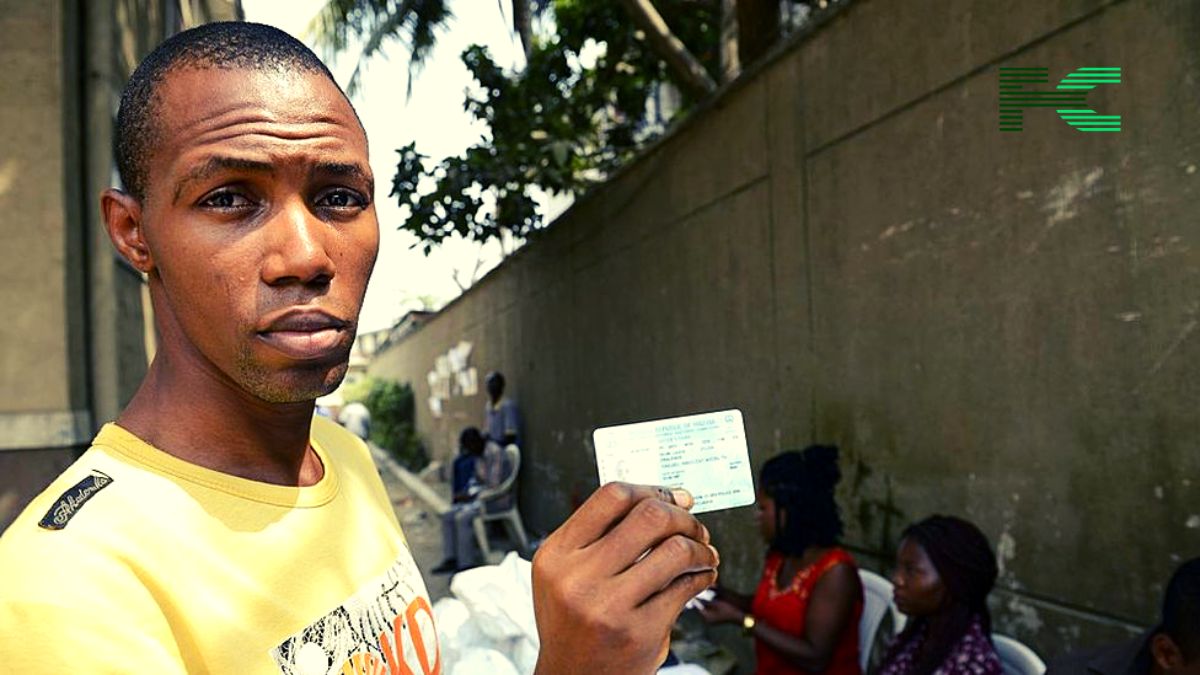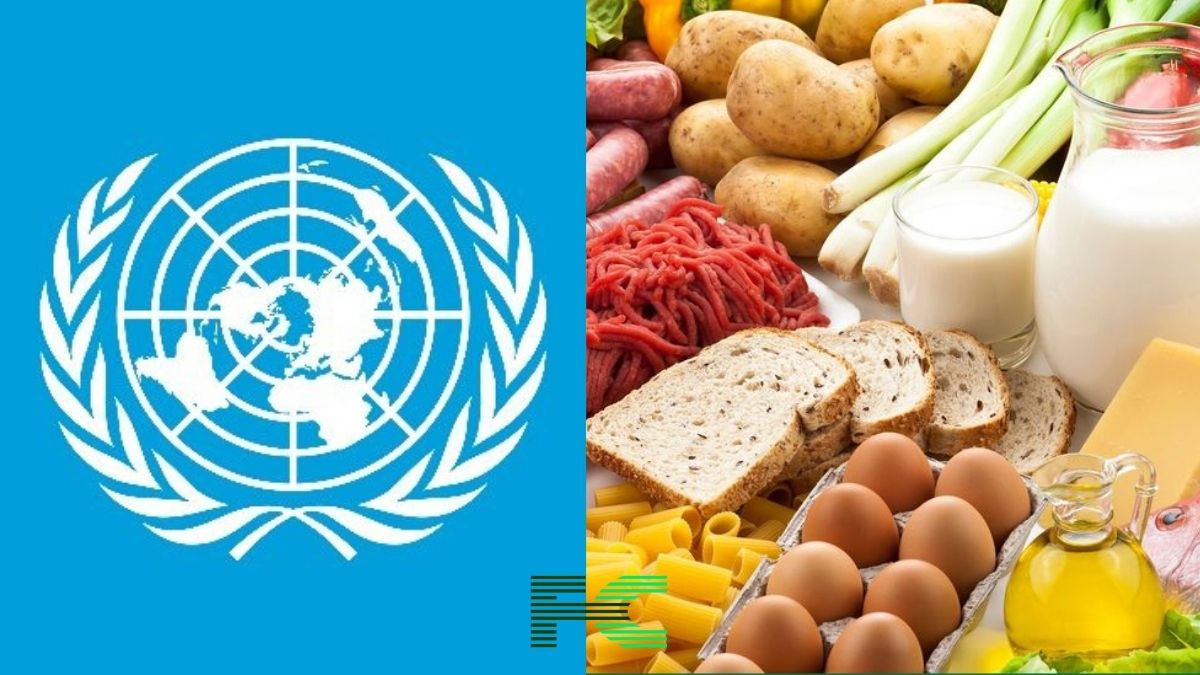The Taliban of Afghanistan observed the second anniversary of their resurgence to authority on Tuesday, celebrating their capture of Kabul and the establishment of what they claim is a secure Islamic governance across the nation.
Following a swift offensive during the withdrawal of U.S.-led foreign forces after a 20-year inconclusive war, the Taliban seized the capital on August 15, 2021, as President Ashraf Ghani, backed by the U.S., fled and the Afghan security forces, built with years of Western support, crumbled.
Security remained stringent in the capital on the holiday, with heightened checks carried out by soldiers. Throughout the day, there were anticipated Taliban processions, and various departments, including the education ministry, held gatherings for celebration.
While Afghanistan has experienced a level of peace not witnessed for decades, the U.N. reports dozens of attacks on civilians, some claimed by the Islamic State, a rival of the Taliban.
For numerous women who enjoyed significant rights and liberties during the two decades of Western-backed governance, their situation has become dire since the Taliban’s resurgence.
Girls older than 12 have largely been excluded from attending classes since the Taliban regained power. This prohibition poses a substantial impediment to formal recognition of the Taliban administration by many Western governments.
Claiming to uphold rights in alignment with their interpretation of Islamic law, the Taliban have also halted the employment of most Afghan women at aid organizations, closed beauty salons, restricted women’s access to parks, and curtailed female travel without a male guardian.
Journalism, which flourished under two decades of Western-backed rule, has been significantly suppressed. The detention of media personnel and civil society activists, including prominent education advocate Matiullah Wesa, has raised concerns among human rights organizations.
Though the Taliban have not provided detailed comments on these issues, they assert that their law enforcement and intelligence agencies scrutinize activities they deem suspicious to seek explanations.
On a positive note, corruption, which surged as Western funds poured in following the Taliban’s ousting in 2001, has been reduced, as reported by the U.N. special representative.
Moreover, indications suggest that the Taliban’s ban on narcotics cultivation has substantially diminished poppy production, which for years has been the world’s primary source of opium.
The Taliban are likely hoping that these advancements will pave the way for international recognition, sanctions relief, and the release of approximately $7 billion in central bank assets frozen in the U.S. Federal Reserve Bank of New York in 2021. Half of these assets were subsequently transferred to a Swiss Trust.
A decline in development aid has led to reduced job opportunities and a contraction in the gross domestic product, with over two-thirds of the population estimated by the U.N. to require humanitarian assistance for survival.














